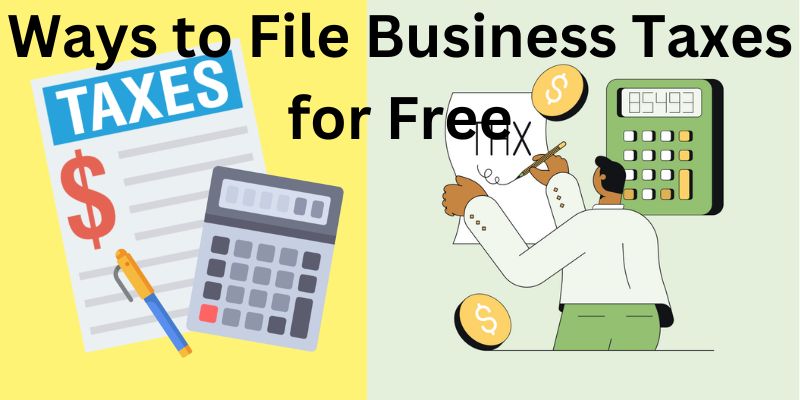Even if you are many years overdue in doing your taxes, there is a strong possibility that the Internal Revenue Service would cheerfully issue you a refund if you are entitled to one. The following are five items that tax experts recommend you be aware of.
You can go back only 3 years
Elsa, you may be required to waive your right to a tax refund for 2001 if you were eligible for one but failed to submit a tax return to claim it. According to David Beck the Internal Revenue Service (IRS) typically only issues tax refunds for the previous three tax years. This indicates that refunds not received in 2016, 2017, or 2018 may still be eligible for reimbursement.
According to Beck, you have effectively given up that entitlement if you have yet to claim money that you paid to the IRS within three years of the day you paid it.
Use the right year's forms
You will need to submit a tax return for the preceding year to be eligible for your tax refund from the previous tax year. Maintain order in both the dates and the documents you're working with.
According to Delmer, you should not utilize tax forms for 2019 to get a refund for a different year. An enrolled agent working for Pogogeff & Company in Fort Lee, New Jersey, is named Thomas Grigsby Jr. For example, if you need to submit a tax return for 2017 to get your tax refund for that year eventually, you must do so by the tax laws and forms that are in effect for 2017.
In addition to that, pay attention to filing your state tax return. According to Grigsby, "generally speaking," the states follow the federal government's lead regarding the three-year look back. He says that you should make it a point to check through the state's filing guidelines for the previous years.
Prepare to go old school
You may need to print out your tax return from the preceding year and send it in by regular mail to get your refund. According to Beck, "You only have the opportunity to file two years earlier to the current year electronically." You may be required to monitor the progress of your tax refund for about one month.
A tax refund may not be the only reward
There may be two additional benefits to submitting old tax returns in addition to the financial money. It may keep the Internal Revenue Service out of your hair. According to Grigsby, the Internal Revenue Service (IRS) has a maximum of three years to audit a tax return. Still, it may continue to impose taxes indefinitely if the taxpayer still needs to file a return.

Second, it might help you avoid complications with applications for loans, Social Security, and other benefits that need you to provide copies of your tax returns before you can get them. According to Grigsby, he recently had a customer who discovered it the hard way.
"The state will essentially approach you and ask, "Hey, well, you want a check from us?" We are not going to go forward with anything until we get a copy of the tax return in hand."
Don't fear a failure-to-file penalty
In the domain of taxes, dragging one's feet may be costly: Failure to submit a tax return may result in fines from the Internal Revenue Service that can run into hundreds of dollars. However, I have some excellent news for you: According to Beck, "it is only applicable to those in debt." Therefore, if you are eligible for a refund, you will get that refund and will not be subject to any penalties for requesting it.
Grigsby says that filing for an old refund should result in something other than a vengeance audit or any other odd issues from the Internal Revenue Service. "There's no need to be concerned as long as the tax return is done precisely and in its whole," he adds. "There's no room for error."
What Consequences Will Result from a Delayed Tax Return or Payment?

What exactly takes place then if you are unable to meet that deadline? Even if just by one day? It depends on whether you are filing your return, making your payment late, or both. It is significant in that regard.
Even if you are granted an extension, you still have to pay your taxes by the due date, regardless of when you submit your return. If you meet the deadline for submitting your tax return but miss the deadline for paying the taxes that you owe, you will be subject to interest and penalties.



